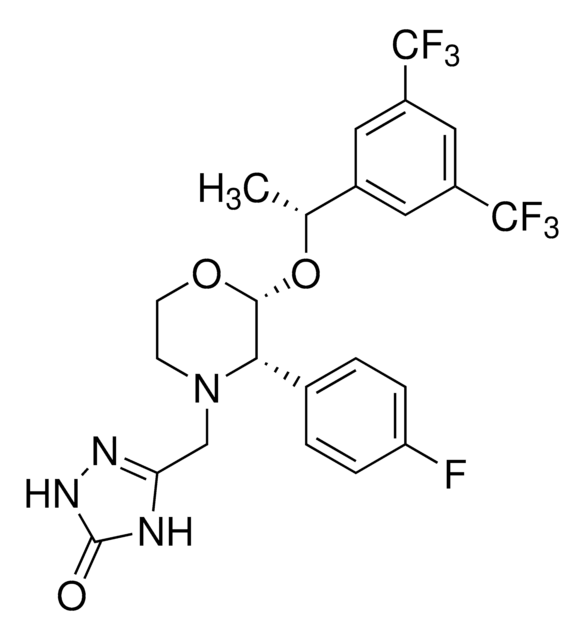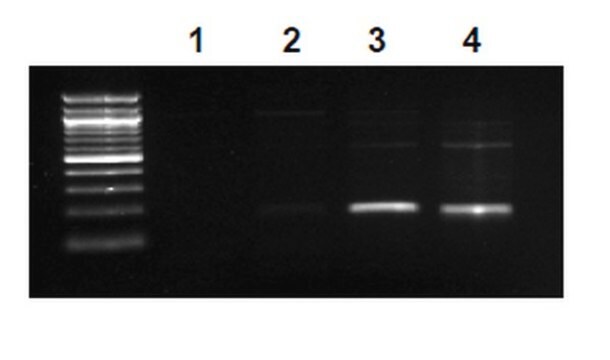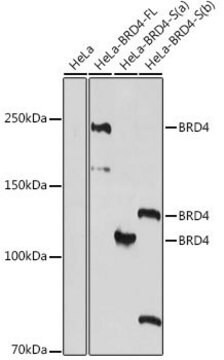PLA0227
Rabbit anti-BRD4 Antibody, Affinity Purified
Powered by Bethyl Laboratories, Inc.
Synonym(s):
CAP, HUNK1, HUNKI, MCAP, Protein HUNK1, bromodomain-containing 4, chromosome-associated protein
About This Item
Recommended Products
biological source
rabbit
Quality Level
antibody form
affinity purified immunoglobulin
antibody product type
primary antibodies
grade
Powered by Bethyl Laboratories, Inc.
species reactivity
human, mouse
concentration
1 mg/mL
technique(s)
immunohistochemistry: 1:1,000-1:5,000
immunoprecipitation (IP): 2-5 μg/mg
western blot: 1:2,000-1:10,000
accession no.
NP_490597.1
UniProt accession no.
shipped in
wet ice
storage temp.
2-8°C
target post-translational modification
unmodified
Gene Information
rabbit ... BRD4(23476)
General description
Immunogen
Biochem/physiol Actions
Physical form
Other Notes
Disclaimer
Not finding the right product?
Try our Product Selector Tool.
Storage Class Code
12 - Non Combustible Liquids
WGK
nwg
Flash Point(F)
Not applicable
Flash Point(C)
Not applicable
Certificates of Analysis (COA)
Search for Certificates of Analysis (COA) by entering the products Lot/Batch Number. Lot and Batch Numbers can be found on a product’s label following the words ‘Lot’ or ‘Batch’.
Already Own This Product?
Find documentation for the products that you have recently purchased in the Document Library.
Our team of scientists has experience in all areas of research including Life Science, Material Science, Chemical Synthesis, Chromatography, Analytical and many others.
Contact Technical Service








